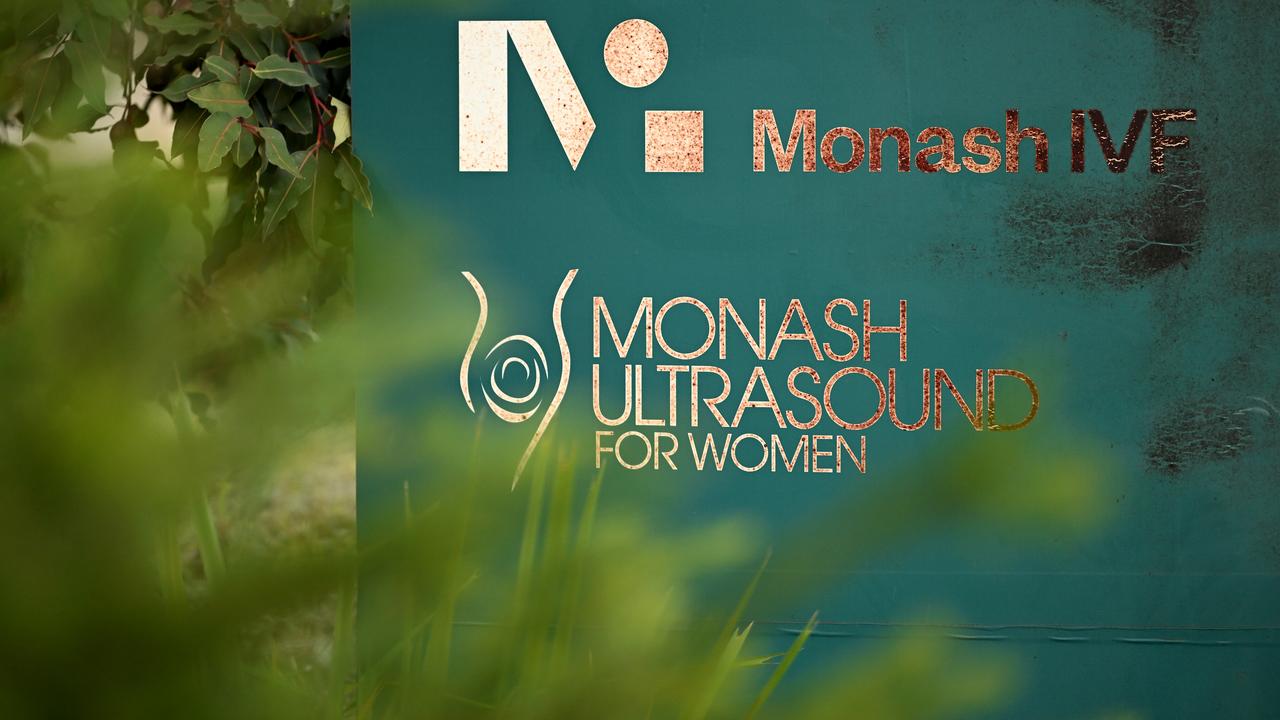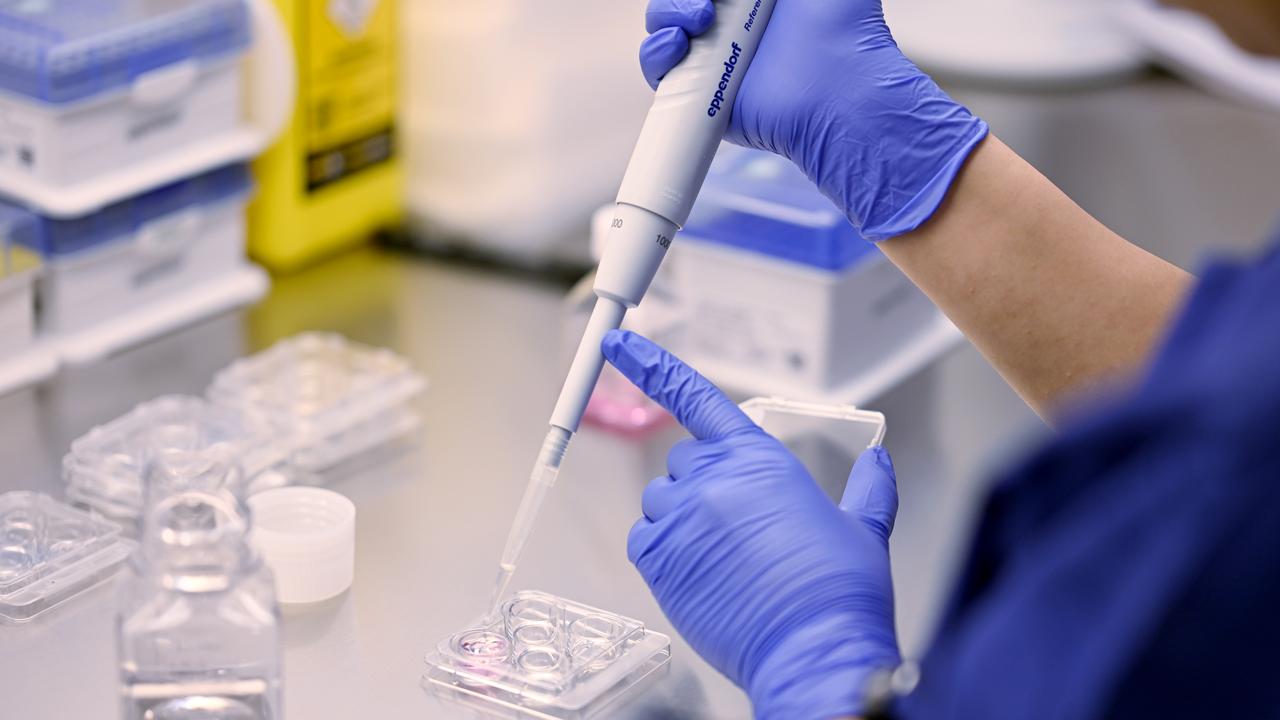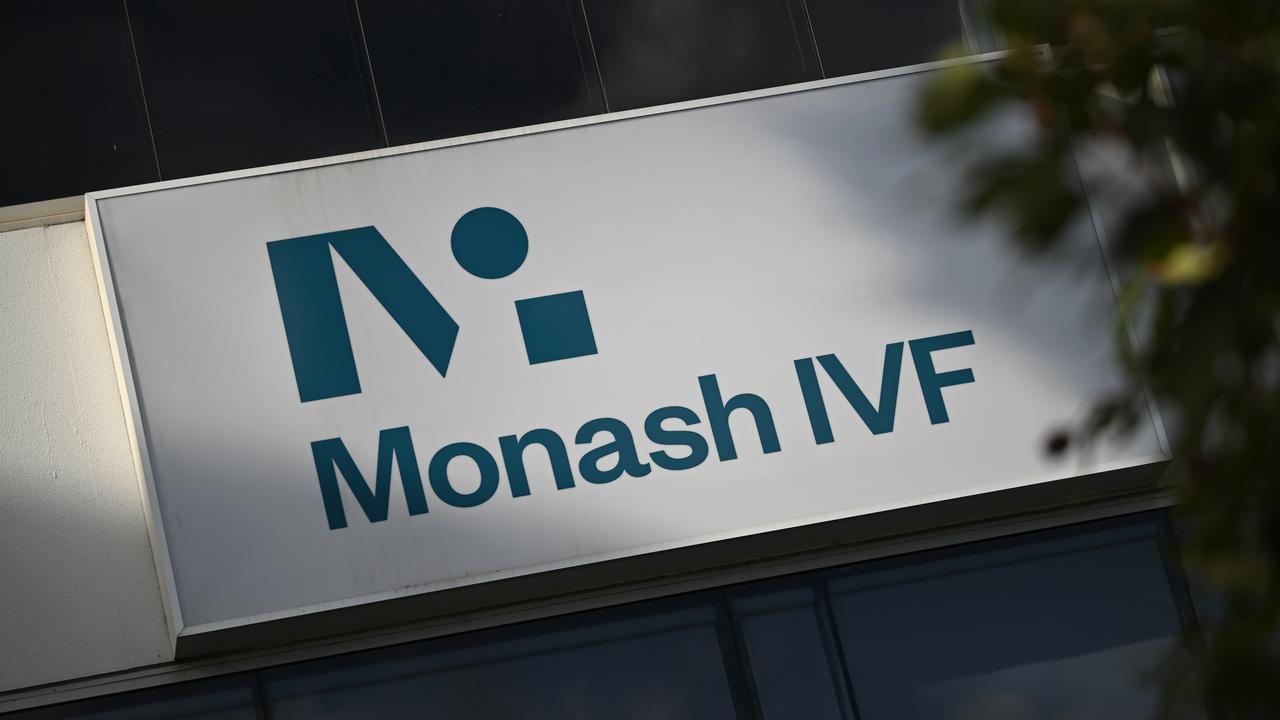
An independent review into two embryo mix-ups at a leading IVF clinic has found human error and technology limitations were to blame, but the details will remain a secret.
Monash IVF revealed staff transferred the wrong embryo to a woman at a Melbourne clinic in June, following a similar blunder involving a separate Monash patient in Brisbane.
The two bungles sparked an independent review headed by leading barrister Fiona McLeod, which has been completed but will remain confidential.

In a statement to the ASX on Wednesday, Monash IVF confirmed the report would not be released publicly to protect the privacy of affected patients.
The company said both cases were non-standard IVF treatments and the circumstances would "not arise in the vast majority of IVF procedures".
It provided scant detail on the mix-ups, saying human error led to a woman being mistakenly implanted with another's embryo in Brisbane in 2023 and giving birth to a baby who had no genetic links.
The Melbourne incident when a patient received her own embryo instead of "the transfer of an embryo of the patient's partner" was also a result of human error at "multiple stages" as well as IT limitations.
"Those limitations ultimately made subsequent processes more vulnerable to human error," the company said in the statement.
Monash said it had implemented many of the review's recommendations that were not made public, and more safeguards were introduced after an additional internal investigation.

Acting chief executive Malik Jainudeen claimed the new measures would reduce the risk of another bungle, saying the "care and safety" of patients was paramount.
"To the affected patients and everyone who entrusts Monash IVF with their dreams of building a family, we are deeply sorry for the distress these incidents have caused," he said.
"For more than 50 years, Monash IVF has been there for patients through more than 50,000 births and we look forward to continuing to support families with their fertility journey."
The company said the cost of the additional safeguards would not have a "material impact" on its financial performance when it announces its end-of-financial-year results on Friday.
Fertility Society of Australia and New Zealand said it was disappointing that financial markets were informed of the review's findings first, as opposed to regulators.
It also pointed to the need for publicly accessible reporting of adverse events and a national donor registry.
"Incidents like these, while rare, show why stronger, nationally consistent regulation is needed," president Petra Wale said.
"Patients deserve transparency, accountability, and the assurance that lessons are learned at a system level. Fragmented state-by-state oversight will not deliver this."
A three-month review has been established to consider whether the state regulatory schemes are fit for purpose when it comes to safety and quality.
About 20,000 babies conceived by IVF are born in Australia each year.






